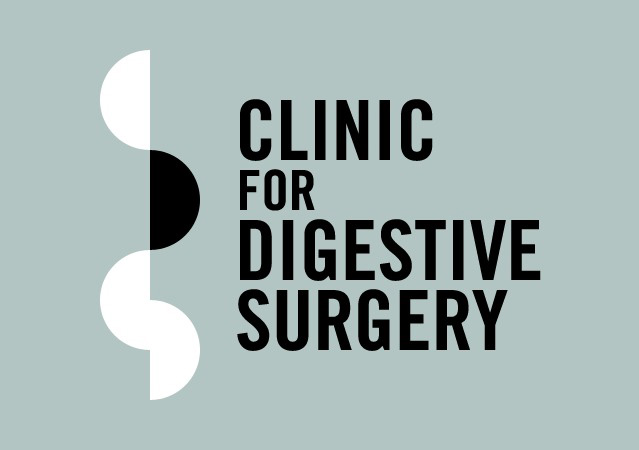Do you often experience heartburn or discomfort in your chest after meals? For many, these symptoms are not just occasional annoyances but part of a chronic condition called gastroesophageal reflux disease (GERD). This condition affects about 20% of adults in Western cultures and occurs when stomach contents frequently flow back into the oesophagus, leading to pain and discomfort.
Interestingly, your diet could be a major factor. Certain foods can exacerbate GERD symptoms, while others may help alleviate or prevent them. If you’ve been dealing with persistent acid reflux, understanding how your diet plays a role could be transformative.
What Are Acid Reflux and GERD?
Acid reflux happens when the muscle at the bottom of the oesophagus—the lower oesophagal sphincter (LES)—relaxes too much, allowing stomach acid to rise back up. While occasional reflux is normal, GERD is a chronic condition that needs attention. Common symptoms include:
- Heartburn: A burning sensation in the chest.
- Regurgitation: A sour or bitter taste in the back of the throat.
- Bloating and belching.
- Difficulty swallowing (dysphagia).
Many factors can trigger GERD, but diet is one of the most significant. By identifying and steering clear of trigger foods, you can greatly reduce your symptoms.
Foods to Avoid for GERD Relief
Certain foods can worsen GERD symptoms by relaxing the lower oesophagal sphincter (LES) or boosting stomach acid production. Here are some common offenders:
- Spicy Foods
Chilli peppers and other spicy ingredients can irritate the oesophagus, making heartburn worse. - Citrus Fruits and Juices
Oranges, lemons, and grapefruits are very acidic and can worsen reflux symptoms. - Caffeinated Drinks
Coffee, tea, and energy drinks can relax the LES, increasing the likelihood of reflux. - Fatty and Fried Foods
High-fat meals slow down digestion, causing stomach contents to stay longer, which raises the risk of reflux. - Tomatoes and Tomato-Based Products
While they are nutritious, tomatoes are acidic and can irritate sensitive stomachs. - Carbonated Beverages
Soda and fizzy drinks can lead to bloating, putting pressure on the LES. - Alcohol
Wine, beer, and spirits can relax the LES and boost acid production.
Foods That Help Manage Acid Reflux
On a positive note, some foods can help neutralise stomach acid and promote healthy digestion. Adding these to your diet can help manage GERD symptoms:
- Non-Citrus Fruits
Bananas, melons, and apples are less acidic and gentle on the stomach. - Vegetables
Leafy greens, broccoli, cucumbers, and carrots are low in fat and sugar, making them good choices for GERD. - Whole Grains
Oatmeal, brown rice, and whole-grain bread can absorb stomach acid and alleviate discomfort. - Lean Proteins
Skinless chicken, turkey, and fish are great protein sources that don’t trigger reflux. - Low-Fat Dairy
Opt for low-fat or non-dairy alternatives to help reduce acid production. - Ginger
Renowned for its anti-inflammatory properties, ginger can calm the digestive tract and lessen heartburn.
Lifestyle Tips to Complement Your Diet
Making dietary changes can lead to significant improvements, but combining them with a healthy lifestyle can boost their effectiveness. Here are some practical tips:
- Eat Smaller Meals: Large meals can put extra pressure on the LES, so choose smaller, more frequent portions.
- Avoid Eating Before Bed: Give yourself at least three hours after eating before lying down.
- Maintain a Healthy Weight: Carrying excess weight can increase pressure on the abdomen, raising the risk of reflux.
- Elevate Your Head While Sleeping: Consider using a wedge pillow to keep your head and chest elevated.
- Stay Hydrated: Drinking water can help dilute stomach acid and support digestion.
When to Seek Professional Help
While dietary changes can greatly alleviate GERD symptoms, ongoing or severe cases should be evaluated by a medical professional. If you notice:
- Frequent heartburn (more than twice a week).
- Difficulty swallowing.
- Unexplained weight loss.
- Chest pain.
It’s important to see a specialist. A knowledgeable gastroenterologist can evaluate your situation and suggest personalised treatment options, which may include medications or advanced therapies.
Take Control of Your Digestive Health
Dealing with GERD can be challenging, but with the right dietary and lifestyle adjustments, relief is achievable. By steering clear of trigger foods and adopting a GERD-friendly diet, you can greatly enhance your quality of life. Visit Digestive in Singapore for tailored treatment options and start feeling better today!










